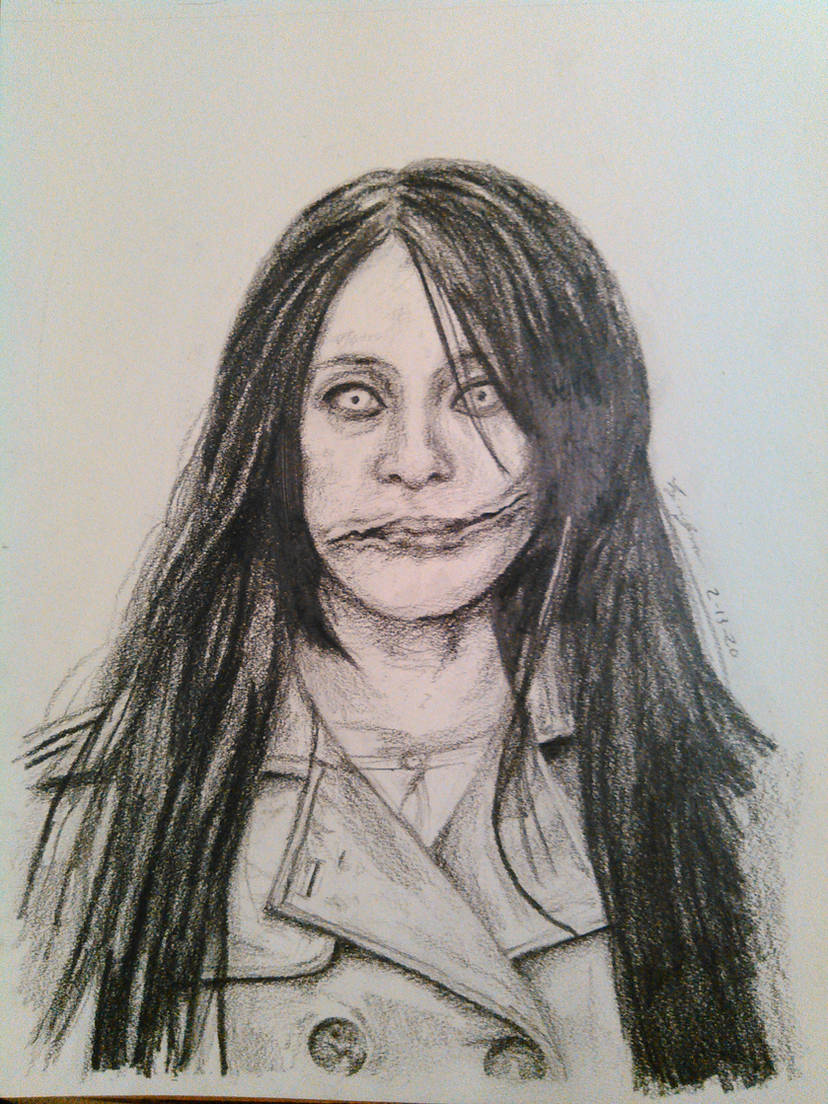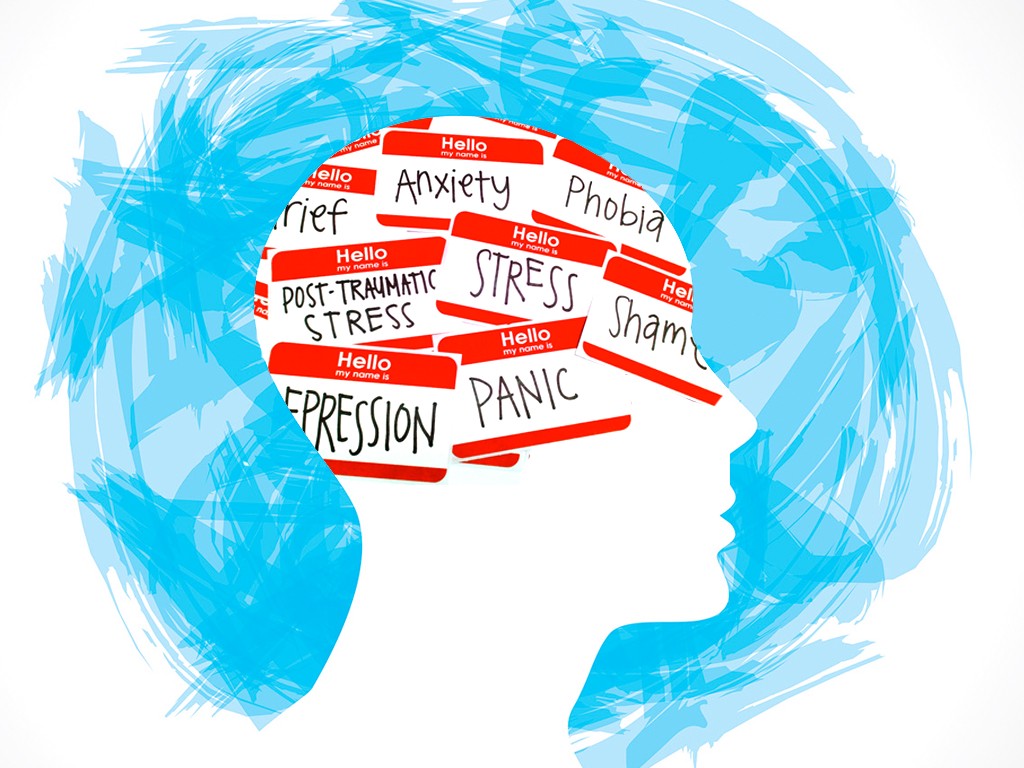In recent years, mental health has become a concern for children and adolescents. As society continues to evolve, so do the pressures and challenges that young people face, making mental well being a critical issue.
The COVID-19 pandemic, technological advancements, and shifting societal expectations have dramatically altered the landscape of childhood. The transition from in-person to online learning, social media influences, and the constant connectivity of the digital age have contributed to rising anxiety, depression, and other mental health issues among children. Many young people feel isolated, overwhelmed, and under immense pressure to succeed in various aspects of their lives.
Social media, in particular, plays a dual role. While it can offer a sense of community and belonging, it also can expose kids my age to cyberbullying, unrealistic standards (such as body types & how people make kids insecure about themselves because of their weights). The need for validation through likes and comments can exacerbate feelings of inadequacy, leading to decreasing self esteem and increasing stress.
The pandemic also has left a lasting impact on mental health of young people. The sudden disruption of routines, loss of social interactions, and uncertainty about the future contributed to a rise in mental health issues. For some children, the return to normalcy has been slow and challenging, with lingering fears and anxieties about health and safety.
Schools and communities are beginning to recognize the importance of mental health support. Many educational institutions are integrating mental health programs, providing resources, and training staff to better identify and address issues. However, there is still much work to be done. Access to mental health services remains a challenge for many families, particularly those in underserved communities. Parents and caregivers play a crucial role in supporting their children’s mental well-being. Open communication, active listening, and creating a safe environment for children to express their feelings are important. Encouraging healthy coping mechanisms, such as physical activity, creative outlets, and mindfulness practices can help mitigate stress and anxiety. As we continue to navigate this complex landscape, it is vital to prioritize the mental health of our youth, By fostering resilience, promoting healthy habits, and providing the necessary support systems, parents can help us kids thrive in an increasingly demanding world.
Tips for parents with kids who struggle with Mental Health!!
* If your kid sits you down and tells you their mental health problems, don’t get mad at them. Comfort them the best you can. You can hurt them more if you yell or raise your voice at them.
* Never tell your kids they are “over dramatic.” Life is difficult for us too. They could be going through something they didn’t want to tell you about.
* If they don’t make eye contact, don’t get upset. They are just nervous, understand them.
* Never say they are a bad kid if they are off task at school. School is a huge struggle for us kids right now. Help them and make a schedule for them!
* Spend more time with your kids, as sometimes we feel left out. Come into our rooms and sit down with us, or start a convo, offer a movie night or a hang out all day!!
* Never tell your kid “everyone feels down sometimes” because they could be having a depressive disorder and you couldn’t know. Having a depressive disorder is severe, it’s more than just feeling down. There’s self harm and suicidal thoughts, so you cannot compare complex mood disorders to a simple down mood that everyone has at points in life.
* “Go socialize” is a hard one for some kids to hear. Over covid many kids saw social media as a escape route. They have online friends and they don’t want real life friends. Sometimes it’s better to sit them down and ask to start a sleep over or invite someone over!!
Some mental health disorders/conditions kids are diagnosed with since Covid in 2020-2024:
ADHD, Autism, OCD, Dyslexia, Schizophrenia, ODD & Conduct Disorder, SPD, Bipolar, MDD & depressive disorders, BPD, ASPD & NPD, HPD, AVPD, Anxiety Disorders, Chronic illnesses, DID & OSDD
No matter what Condition or disorder, They are valid!!
Mental health hotlines!!
1 (800-273-TALK) 1 (800-273-8255) suicide hotline
1 (800-799-SAFE) Domestic Violence
1 (800-656-HOPE) Sexual assault
1 (855-4A-PARENT) Parent Support
Remember, you are never alone!!
































